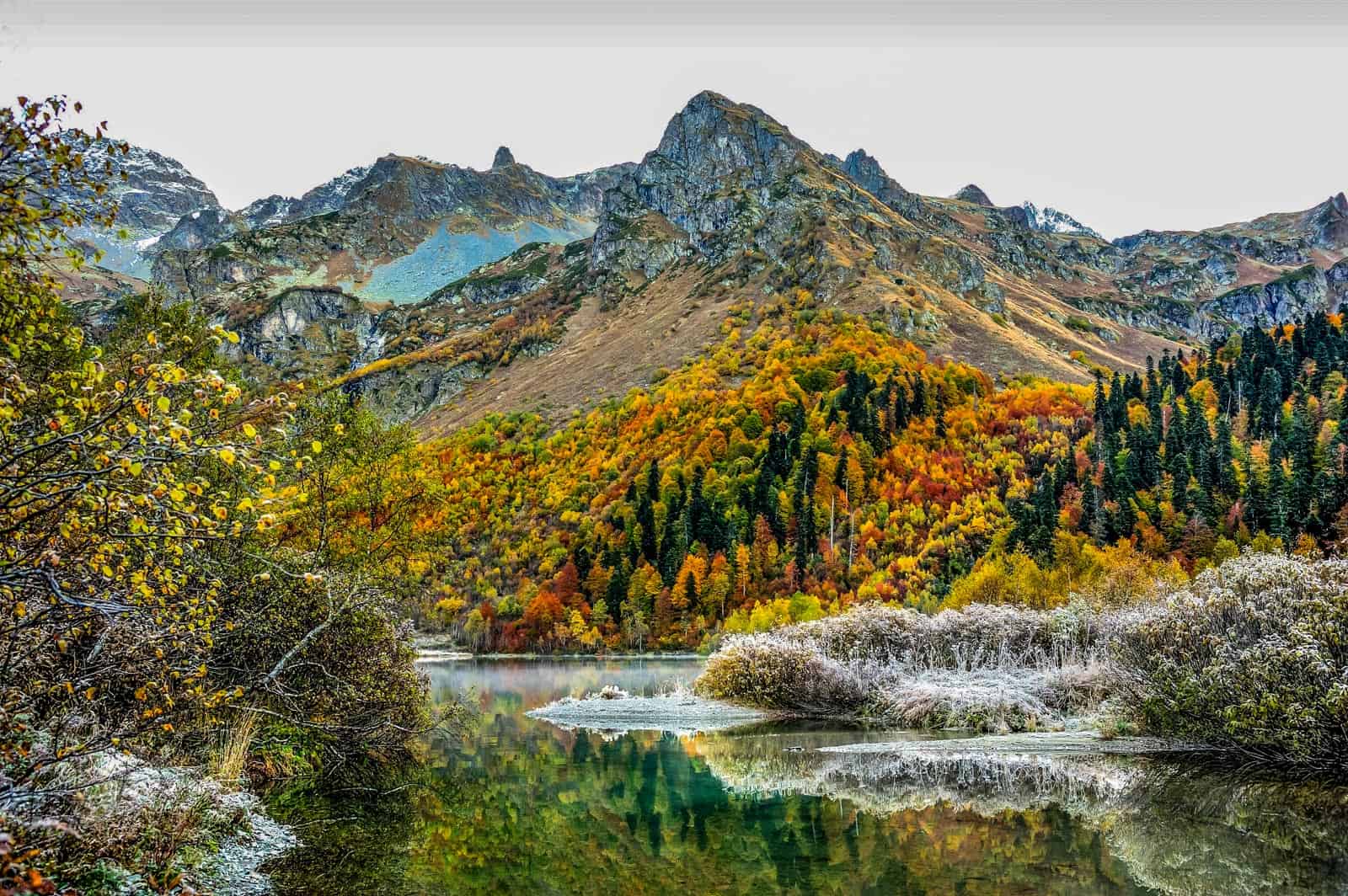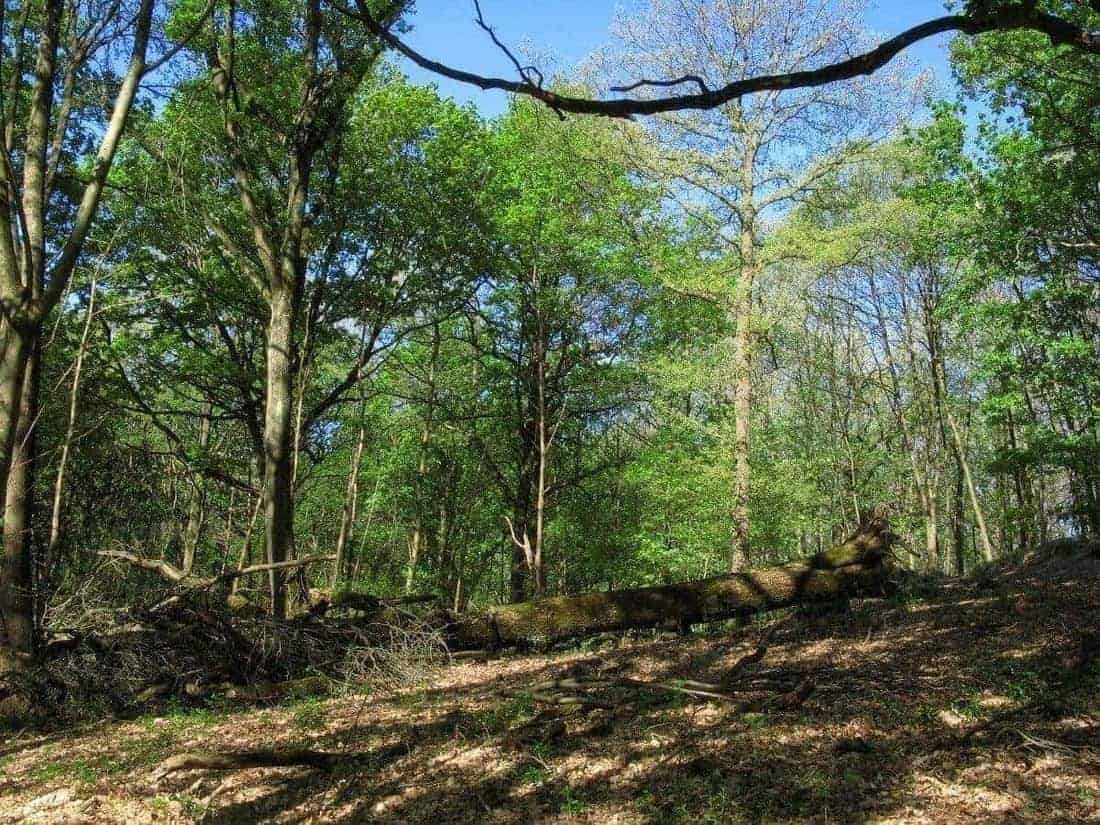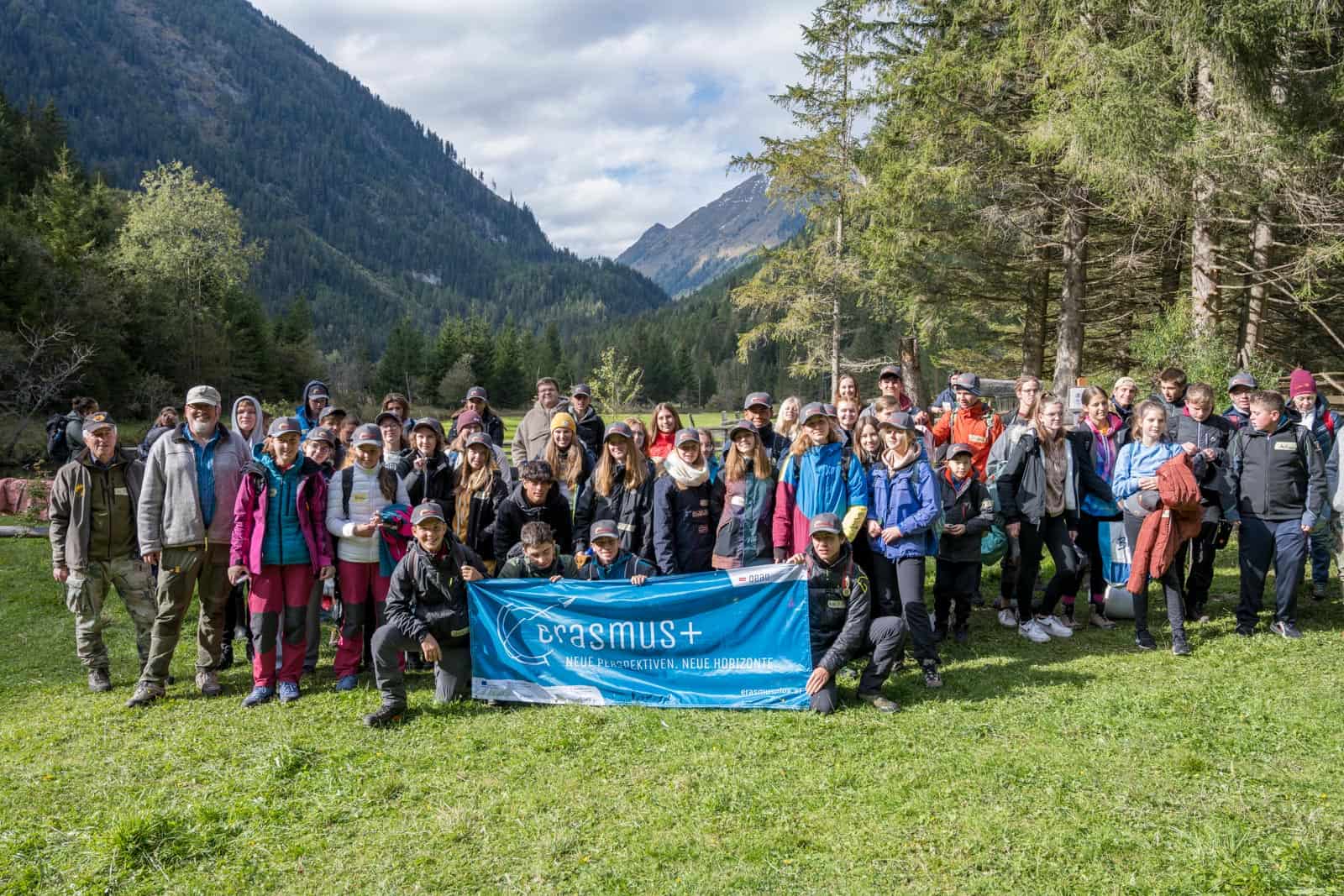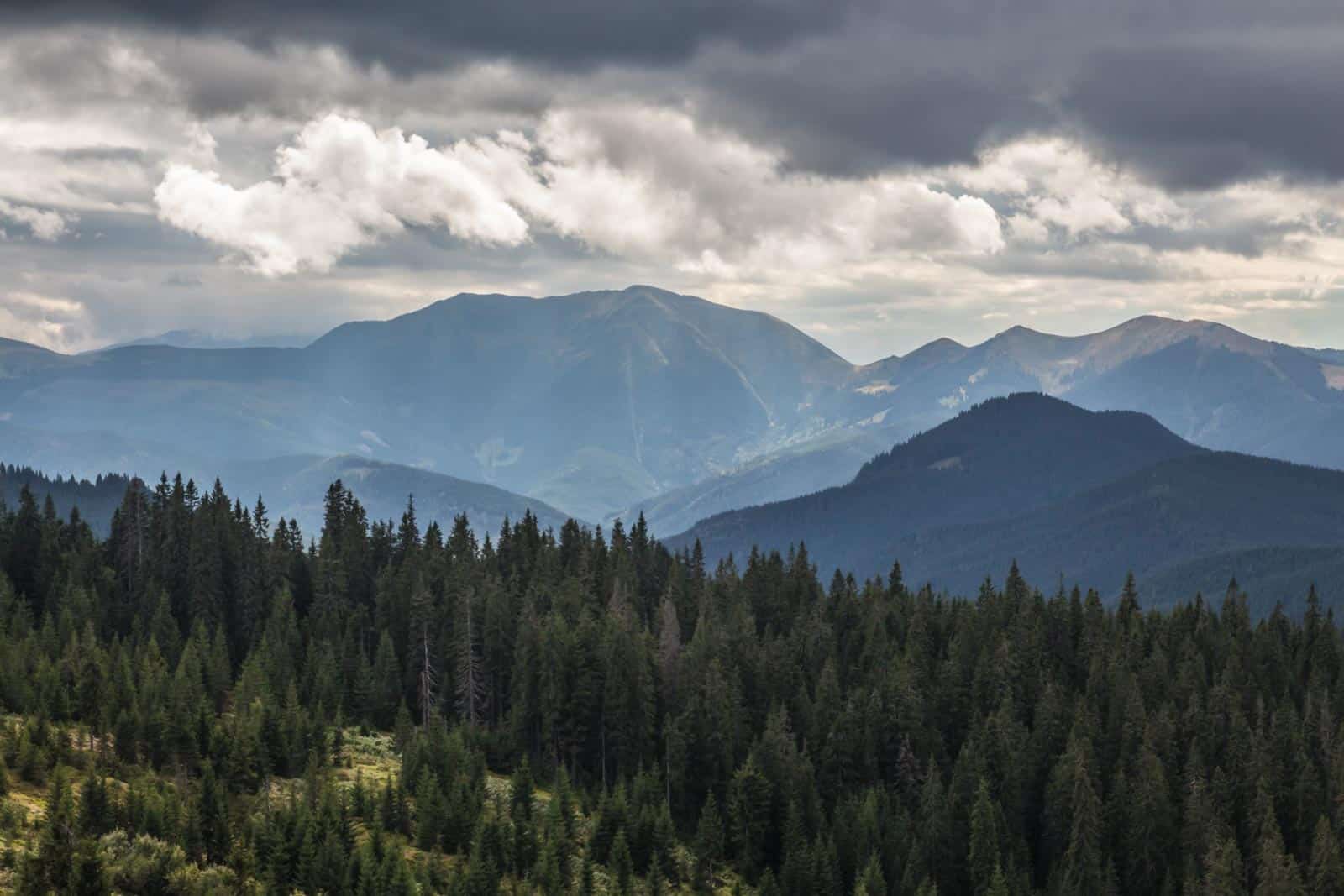The story of “Billy” – the first U.S. Forest Service Ranger
The U.S. “Forest Reserves” were first set aside starting in 1891, under the General Land Office in the Department of the Interior. After a few years they realized that they need someone to manage these lands. Advertisements were put out for “Range Riders”. The job created a lot of interest from people, but given what they expected in the performance for this position, not many lasted. A young man named, William Kreutzer, was one of those interested in the position. “Billy”, as he was called, was born October 3, 1877 and grew up in Sedalia, Colorado. His father grew up in Bavaria, on the edge of the Alps Mountains. He had grown up with a forestry mindset, his grandfather had held ‘some kind of forestry’ position and his father had worked with him in Germany, where he learned the power of caring for the land as a child and how the land would take care of you in return.
Please also read: New documentary on Akashinga rangers
His father practiced the forestry management he learned in Germany on their ranch. When his father would sell timber from their ranch, he made the sawmills leave the small trees, anything below 12 inches in diameter, for the future crop. Billy saw how these practices ensured the renewable resources were there in the future.
Passion for his profession
Billy was working for a large ranch owner, when he received word from his father these new jobs were being advertised. Everyone at the ranch liked him and they were sad to see him leave, but made sure he knew, if this job didn’t work out he was welcome back at the ranch! Billy thought there was a good future as a range rider and the thought of fighting forest fires stirred his blood, he had seen so many fires destroy timber and grasses, he wanted to do something about it!
Billy left for Denver to meet with Colonel W. T. S. May, the Forestry Superintendent for Colorado. Billy would interview with him to be a range rider (or “forest ranger” as they would later be called in the Forest Service) to patrol the forests, put out forest fires and check on any wasteful destruction of timber on federally controlled lands. The position paid $50/month and the employee had to provide their own horse, housing, food and equipment.
An impactful job interview for Billy
Upon his arrival at Colonel May’s office, he introduced himself and stated, “I want a job as a forest ranger.” The Colonel invited him in and to take a chair, they would chat. He asked Billy if he had brought with him any kind of endorsement. Billy stared at him with a blank stare, the Colonel explained that all of the new jobs were to be political appointments, endorsed by party leaders. Billy stood up very quickly, grabbed his hat and stated very firmly, that he “DID NOT…” want to be a political appointee. May asked him to sit down; this statement intrigued him. There was something about Billy that he liked. During the interview, May found out Billy was only 20 years old, not of age for the position yet, but that did not matter to him, he liked Billy. After firing off lots of questions to Billy and him answering them to what seemed to delight the Colonel, he looked at Billy and said:
Political endorsements be damned. I will hire who I want as a Ranger. A person who is in the hills and not tied to the job by political apron-strings, he will be a ranger free to do the things that ought to be done as he found them.”

In 1905, the thought of all Forest Rangers being political appointees went away with Gifford Pinchot (the first Chief of the U.S. Forest Service). As he absorbed the timber reserves into the newly created Forest Service, Pinchot instituted the what became the “US Civil Service Commission rules,” which said held that the most qualified applicants for position would be recruited and hired into civil service positions.
Billy, the first Forest Ranger
Billy was taken aback and just like that, became America’s First Forest Ranger. Not all in the West welcomed the expansion of the forest reserves and creation of new ones. The residents of these areas did not welcome any form of government control for any reason. For so many years, the General Land Office had been mismanaged and the public did not trust anything the office stated. Billy had a tough job ahead of him including fighting forest fires, managing disputes between sheep herders and cattle ranchers’, illegal cutting timber, and more.
Billy was patrolling his reserve one day and came across an outfit known as “the Browns” illegally cutting timber on the reserve. He went and located the survey markers to show them they were, indeed, illegally removing timber. The Browns left, only to return a few weeks later. Billy saw their tools in this same location and again they had removed timber illegally. He cached the tools and (again) reported the unlawful occurrence.
Dangers and push-back
Billy received a letter back from his supervisor. This was not a letter of commendation, but in it his supervisor scolded him for what he had done say that he “had no authority” to do such a thing and to return the tools at once and apologize. This was not a surprise to Billy. He did not return the tools nor did he apologize; instead, he sent word to the Browns where they could find their tools and warned them the next reprisals would be more stringent if they continued illegal activities. This worked; Billy no longer had any issues with the Browns removing timber. However, Billy’s actions were not without consequences. One day as he was riding the reserve, a bullet whizzed by his head. He jumped off his horse and hid behind a tree as four more bullets whizzed by him.
Billy started his career on the Pike National Forest. A few years later, he was transferred to the Grand Mesa National Forest. In 1905, he was transferred to the Gunnison Forest Reserve, where he was promoted to the Forest Supervisor position. In 1921, he switched to the Roosevelt National Forest as the Forest Supervisor where he remained until he retired on October 31, 1939. After serving for 41 years, he was forced to retire at the age 62 as the longest employed forester ever in the United States.
To this day, rangers risk their lives all over the world, even in Europe, to protect the nature they are responsible for. The European Wilderness Society pays tribute to the dedication all of these rangers and proudly supports their work, for example through our ranger trainings.









That is my grandfather. We have a Facebook page called “First Forest Ranger”